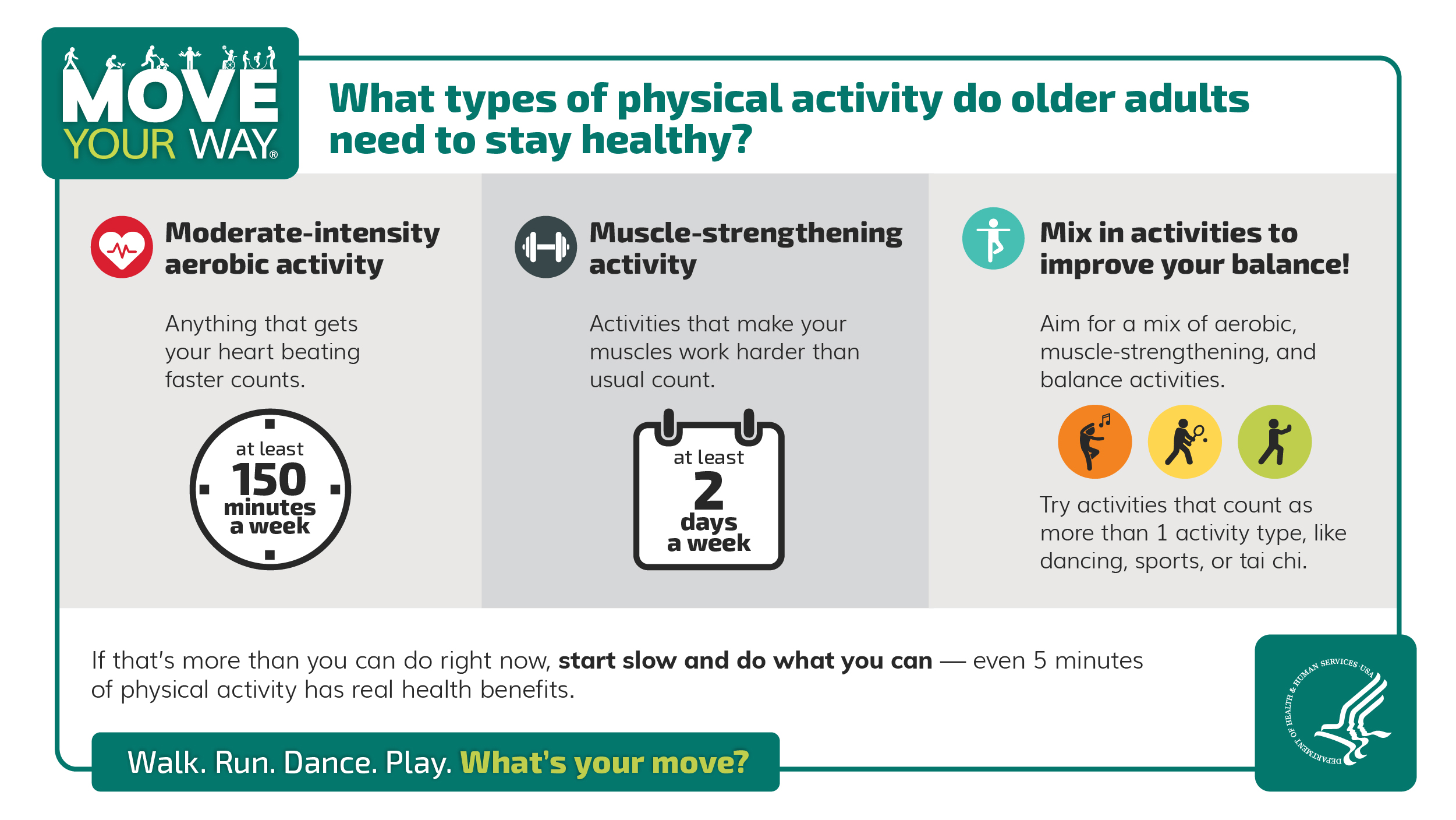 Dietary Changes: Incorporating Key Nutrients and Following Guidelines
Dietary Changes: Incorporating Key Nutrients and Following Guidelines
When it comes to naturally managing high blood pressure, certain nutrients play a crucial role in regulating blood pressure levels. Potassium, for example, which is abundant in foods like bananas, leafy greens, nuts, and dairy products, helps relax blood vessel walls and counteracts the effects of sodium on blood pressure. Another essential mineral, magnesium, supports muscle and nerve function and contributes to blood pressure regulation. Calcium, found in dairy products and fortified foods, helps maintain healthy blood vessel function and supports proper muscle contraction, which can help lower blood pressure over time.
In addition to incorporating specific foods rich in these nutrients into your diet, it is important to follow dietary guidelines for managing hypertension. A balanced and nutritious diet that focuses on whole foods like fruits, vegetables, whole grains, and lean proteins while minimizing intake of salt, saturated fats, and processed foods can have a significant impact on blood pressure. High-fiber foods, such as fruits and vegetables, help regulate blood sugar levels and support healthy digestion, indirectly benefiting blood pressure regulation. Additionally, reducing sodium intake helps prevent water retention and decreases the strain on blood vessels, leading to lower blood pressure readings.
Natural Remedies: Honey, Sunflower Seeds, and Plantain Leaves
While medication is often prescribed to control high blood pressure, many individuals seek natural alternatives to complement or even replace pharmaceutical treatments. Three effective natural remedies for hypertension are honey and bee products, sunflower seeds, and plantain leaves.
Honey is a biologically active product that has numerous beneficial effects on the body. It soothes the nervous system, reduces vascular sclerosis, lowers blood viscosity, and contributes to the normalization of kidney function. Honey also has the unique ability to optimize blood pressure by lowering it when elevated and raising it when low. Combining honey with pollen or berries with diuretic properties can be particularly useful in combating hypertension. However, individuals with allergies to honey and bee products should exercise caution.
Sunflower seeds, in addition to being a popular food, provide invaluable assistance to hypertensive patients. They contain a large amount of nicotinic acid, which dilates blood vessels and optimizes blood flow. A medicinal decoction can be prepared by boiling raw unpeeled sunflower seeds in water and consuming the strained decoction throughout the day. Regular intake of this remedy can normalize blood pressure with minimal side effects.
Plantain leaves, known for their wound-healing properties, can also be used to manage hypertension. An alcohol tincture made from plantain leaves reduces cholesterol levels, blood pressure, and improves the condition of blood vessels and heart function. To prepare the tincture, plantain leaves are infused in vodka for two weeks and taken in specific doses throughout the day.
Lifestyle Modifications: Exercise, Stress Management, and Adequate Sleep
In addition to dietary changes and natural remedies, incorporating certain lifestyle modifications can have a significant impact on blood pressure management. Regular physical activity is essential for maintaining healthy blood pressure levels. Engaging in activities such as brisk walking, swimming, or cycling not only improves cardiovascular health but also strengthens the heart muscle. Exercise releases endorphins, natural mood lifters that help reduce stress and anxiety. Over time, consistent exercise can lead to lower resting heart rates and more efficient heart function, contributing to lower overall blood pressure.
Stress management is another crucial aspect of maintaining optimal blood pressure levels. Chronic stress can have a detrimental effect on blood pressure, so finding effective stress management techniques is essential. Deep breathing exercises, meditation, or yoga can activate the body’s relaxation response and reduce the production of stress hormones. By incorporating these relaxation techniques into your daily routine, you can cultivate a sense of calm and resilience, which can translate into lower blood pressure over time.
Adequate sleep is also crucial for blood pressure regulation and overall health. During sleep, the body repairs and regenerates, including the cardiovascular system. Lack of sleep or poor sleep quality can disrupt the body’s natural rhythms, leading to increased stress and elevated blood pressure. Aim for 7-9 hours of uninterrupted sleep each night to support optimal blood pressure levels and overall well-being.
Conclusion
In the quest for optimal blood pressure control, a combination of medication, dietary changes, natural remedies, and lifestyle modifications has emerged as a potent strategy. By incorporating these natural approaches into your daily routine, you can effectively manage and even lower your blood pressure, promoting better cardiovascular health and overall well-being. However, it is crucial to consult with a healthcare professional before making significant changes to your lifestyle, especially if you have underlying health conditions or are taking medications for blood pressure management. With the right knowledge and guidance, you can take control of your cardiovascular health and enjoy a healthier life.

